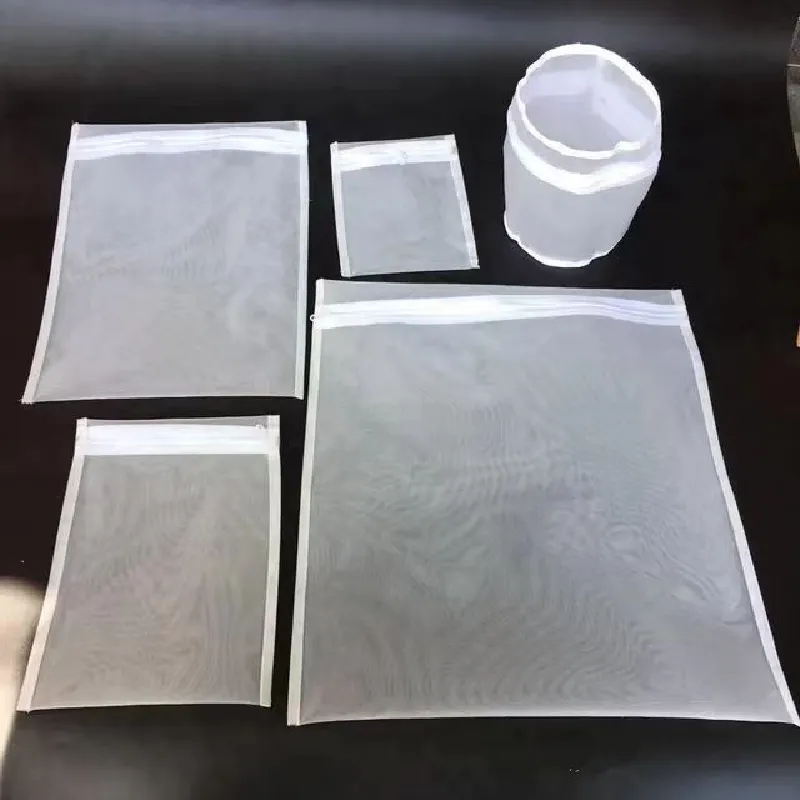-
 Afrikaans
Afrikaans -
 Albanian
Albanian -
 Amharic
Amharic -
 Arabic
Arabic -
 Armenian
Armenian -
 Azerbaijani
Azerbaijani -
 Basque
Basque -
 Belarusian
Belarusian -
 Bengali
Bengali -
 Bosnian
Bosnian -
 Bulgarian
Bulgarian -
 Catalan
Catalan -
 Cebuano
Cebuano -
 China
China -
 Corsican
Corsican -
 Croatian
Croatian -
 Czech
Czech -
 Danish
Danish -
 Dutch
Dutch -
 English
English -
 Esperanto
Esperanto -
 Estonian
Estonian -
 Finnish
Finnish -
 French
French -
 Frisian
Frisian -
 Galician
Galician -
 Georgian
Georgian -
 German
German -
 Greek
Greek -
 Gujarati
Gujarati -
 Haitian Creole
Haitian Creole -
 hausa
hausa -
 hawaiian
hawaiian -
 Hebrew
Hebrew -
 Hindi
Hindi -
 Miao
Miao -
 Hungarian
Hungarian -
 Icelandic
Icelandic -
 igbo
igbo -
 Indonesian
Indonesian -
 irish
irish -
 Italian
Italian -
 Japanese
Japanese -
 Javanese
Javanese -
 Kannada
Kannada -
 kazakh
kazakh -
 Khmer
Khmer -
 Rwandese
Rwandese -
 Korean
Korean -
 Kurdish
Kurdish -
 Kyrgyz
Kyrgyz -
 Lao
Lao -
 Latin
Latin -
 Latvian
Latvian -
 Lithuanian
Lithuanian -
 Luxembourgish
Luxembourgish -
 Macedonian
Macedonian -
 Malgashi
Malgashi -
 Malay
Malay -
 Malayalam
Malayalam -
 Maltese
Maltese -
 Maori
Maori -
 Marathi
Marathi -
 Mongolian
Mongolian -
 Myanmar
Myanmar -
 Nepali
Nepali -
 Norwegian
Norwegian -
 Norwegian
Norwegian -
 Occitan
Occitan -
 Pashto
Pashto -
 Persian
Persian -
 Polish
Polish -
 Portuguese
Portuguese -
 Punjabi
Punjabi -
 Romanian
Romanian -
 Russian
Russian -
 Samoan
Samoan -
 Scottish Gaelic
Scottish Gaelic -
 Serbian
Serbian -
 Sesotho
Sesotho -
 Shona
Shona -
 Sindhi
Sindhi -
 Sinhala
Sinhala -
 Slovak
Slovak -
 Slovenian
Slovenian -
 Somali
Somali -
 Spanish
Spanish -
 Sundanese
Sundanese -
 Swahili
Swahili -
 Swedish
Swedish -
 Tagalog
Tagalog -
 Tajik
Tajik -
 Tamil
Tamil -
 Tatar
Tatar -
 Telugu
Telugu -
 Thai
Thai -
 Turkish
Turkish -
 Turkmen
Turkmen -
 Ukrainian
Ukrainian -
 Urdu
Urdu -
 Uighur
Uighur -
 Uzbek
Uzbek -
 Vietnamese
Vietnamese -
 Welsh
Welsh -
 Bantu
Bantu -
 Yiddish
Yiddish -
 Yoruba
Yoruba -
 Zulu
Zulu
agricultural insect netting
Agricultural insect netting is revolutionizing how farmers manage pests and protect their crops. Until recently, controlling invasive species relied heavily on chemical pesticides, which, although effective, brought about environmental and health concerns. Today, the integration of insect netting offers an innovative, sustainable solution that aligns with eco-conscious agricultural methods while maintaining crop yield quality and quantity.

Experienced farmers advocate for the strategic deployment of insect netting as a pivotal defense mechanism. The material acts as a physical barrier that prevents harmful insects from reaching crops, thus reducing the need for chemical pesticides. It comes in various mesh sizes and strengths, tailored to different types of crops and pest pressures. This adaptability ensures protection against a wide range of insects, from small aphids to larger moths, offering comprehensive protection without the collateral damage associated with chemical methods.
Experts in agriculture highlight the dual advantages of insect netting. Beyond pest exclusion, it moderates environmental factors such as wind speed and solar radiation. These features create a more stable microclimate around the crops, which can enhance plant growth and resilience to environmental stress. Crops shielded from harsh winds and intense sun exposure tend to exhibit improved health and productivity. By maintaining optimal growth conditions, insect netting assists in extending the growing season, further boosting agricultural output.

Authoritative research validates the efficacy of agricultural insect netting. Studies across various regions have consistently demonstrated reduced pest populations and lower incidences of pest-borne diseases in netted crops. This protective measure has been shown to safeguard yields without detracting from the nutritional or aesthetic quality of the produce. Comparatively, the investment in insect netting is recouped through significant reductions in crop loss and pesticide expenditure, making it a financially viable choice for modern agriculture.
Trustworthiness in long-term agricultural practices underpins the widespread endorsement of insect netting by farmers and scientists alike. Reports indicate a marked reduction in environmental impact when using netting as part of an integrated pest management strategy. The reliance on fewer chemical interventions translates to healthier soil and water ecosystems, aligning with sustainable agricultural practices for future generations.
agricultural insect netting
Case studies bring to light the transformative power of this technology. One tomato farm reduced its pesticide application by 70% after installing insect netting, with an observable increase in crop yield and a healthier final product. Similarly, a berry farm reported fewer instances of pest-related diseases and significant cost savings after switching to netting, further substantiating its role as a pillar of sustainable farming.
Agricultural insect netting is not without its challenges, chiefly the upfront costs and installation logistics. However, ongoing improvements in netting materials and technology continue to make it more accessible and easier to implement. Additionally, educational initiatives aimed at farmers can enhance user proficiency, ensuring they maximize the netting's protective benefits.
The future of insect netting in agriculture is promising, with ongoing innovations poised to enhance its efficacy and broaden its application. Researchers are exploring advanced materials that are more durable and effective against a broader spectrum of pests. Collaborations between agricultural scientists and manufacturers continue to push the boundaries of what insect netting can achieve, heralding an era of smarter, more efficient pest control strategies.
In conclusion, agricultural insect netting stands out as a cornerstone in the movement toward sustainable farming. By balancing effective pest control with environmental stewardship, it holds immense potential for increasing productivity while safeguarding the planet. Emphasizing experience, expertise, authoritativeness, and trustworthiness, insect netting is indeed a sophisticated tool for conscientious farmers seeking responsible yet highly effective crop protection solutions.
-
Why Nylon Mesh Netting is Revolutionizing Industrial and Commercial ApplicationsNewsJun.13,2025
-
Reinventing Reliability with Construction Wire MeshNewsJun.13,2025
-
Protect Your Crops with High-Performance Agricultural Netting SolutionsNewsJun.13,2025
-
Premium Breeding Net Solutions for Modern AquariumsNewsJun.13,2025
-
Precision Filtration Solutions for Industrial and Commercial NeedsNewsJun.13,2025
-
Advanced Industrial Mesh Solutions for Every ApplicationNewsJun.13,2025











